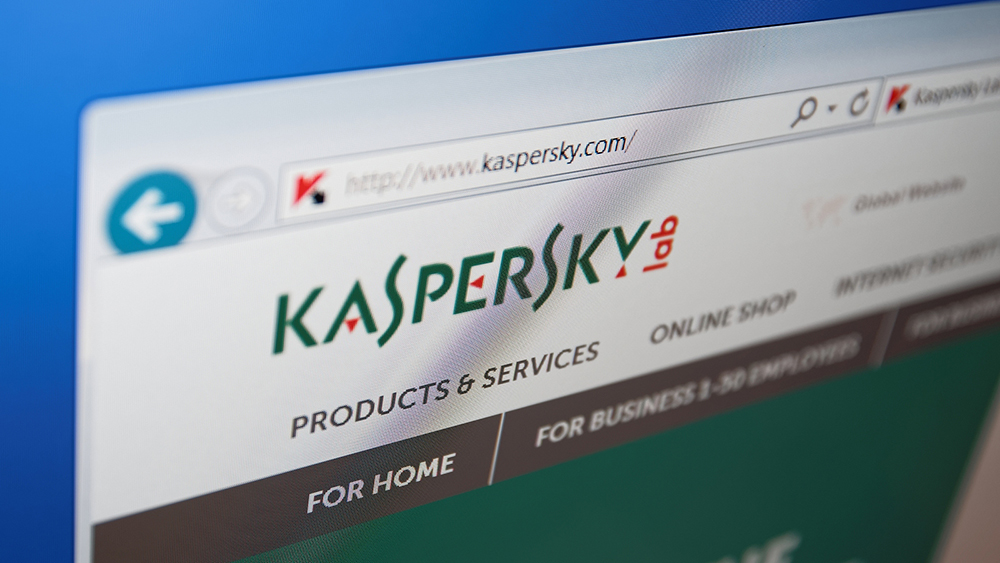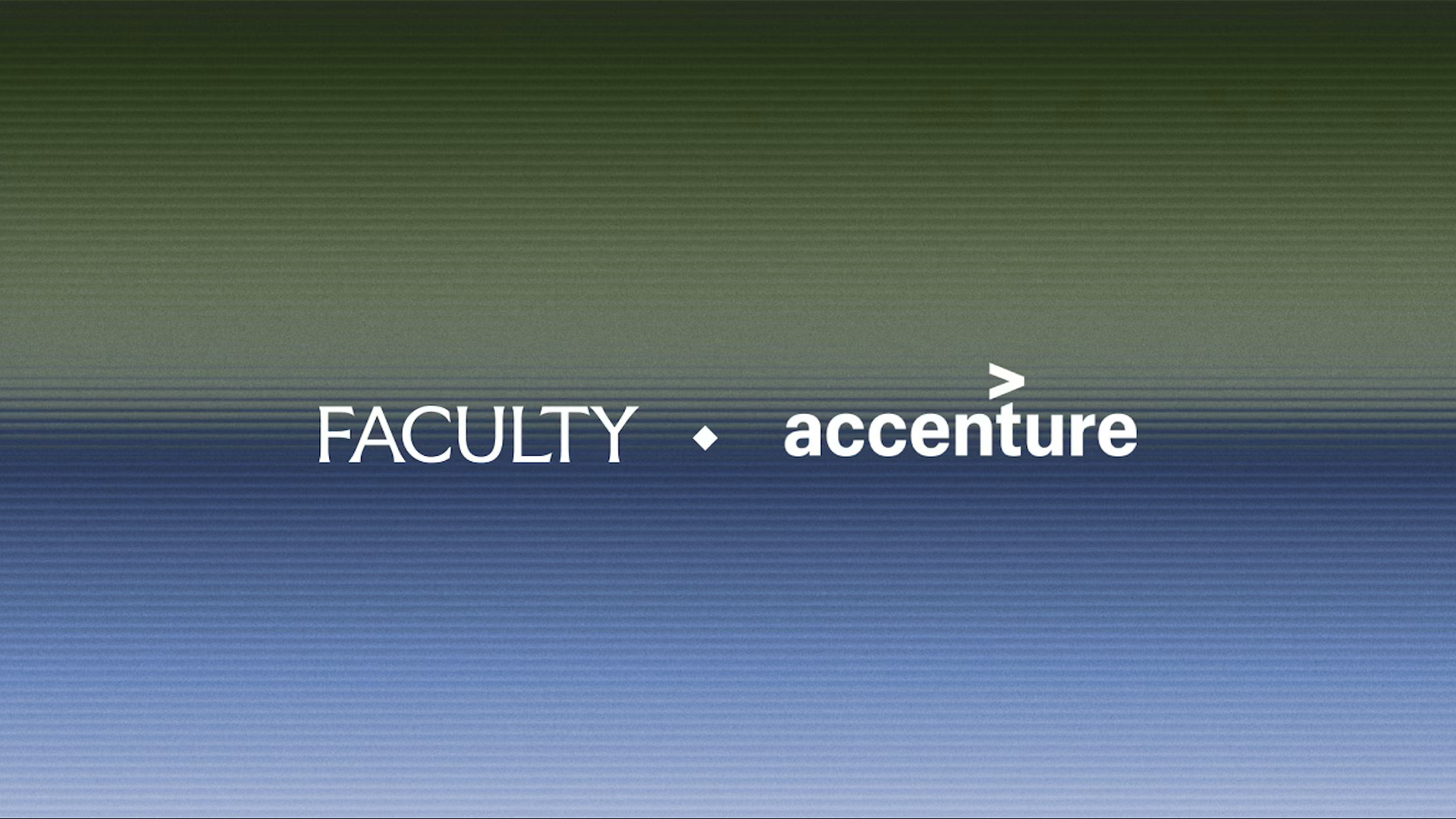Kaspersky drops antitrust complaints against Microsoft
Companies reach agreement over third-party antivirus support in Windows 10


Kaspersky Lab is dropping its antitrust complaints against Microsoft, after an amicable resolution was reached by the two parties.
Antitrust complaints were filed with Russian, German and EU authorities, after Kaspersky alleged Microsoft had deliberately included measures in Windows 10 which made it harder for independent antivirus companies to compete with the company's pre-installed Windows Defender tool.
Kaspersky has now agreed to drop the complaint, however, after the companies agreed on a series of changes to help mitigate Kaspersky's concerns. Microsoft has promised to work more closely with antivirus providers on maximising compatibility with Windows 10 and its future updates, as well as modifying how the operating system integrates with third-party security products.
"We believe in a healthy antivirus ecosystem working with us in protecting our shared customers from security threats," wrote Rob Lefferts, partner director of Microsoft's Windows enterprise and security division. "Our top priority is and always will be to protect our customers with security innovations for the Windows platform, increase our customers' pre- and post-breach security stance, and provide a platform that offers choice."
"Part of delivering on that commitment is listening and responding to feedback from our customers and partners. We work closely with AV partners like Kaspersky Lab, and at our Microsoft Virus Initiative forum last month, we made great progress in building upon our shared understanding of how we deliver Windows 10 updates and security experiences that help ensure the ongoing safety of Windows customers."
The company has agreed to give antivirus companies more time to review the final builds of Windows 10's feature updates before they are rolled out, in order to help iron out any issues. Microsoft will also let providers use their own alert and notification systems to let users know their licenses have expired - one of Kaspersky's key complaints.
The way users are notified of an expired license is also set to change. Rather than a dismissable pop-up, the alert that an antivirus license has expired will persist until the user either renews the license or picks an alternative security product (such as Windows Defender) to use.
Sign up today and you will receive a free copy of our Future Focus 2025 report - the leading guidance on AI, cybersecurity and other IT challenges as per 700+ senior executives
Kaspersky told IT Pro that it's happy with Microsoft's proposed changes, and is withdrawing its complaints against the company in all territories.
"The company is satisfied with the proposed approach by Microsoft to address the warnings issued by the FAS, and its implementation roadmap," a spokesperson said. "Kaspersky Lab and Microsoft have had a long history of cooperation in combatting cyber security threats across the world, and over the past months the companies conducted fruitful discussions about how antivirus services should operate in the Windows ecosystem to help ensure a safe environment for Windows users."
"Kaspersky Lab is convinced that mutually beneficial cooperation, healthy competition and an open Windows ecosystem have a positive effect on users' online security and on the development of the IT industry as a whole."
21/06/2017:Microsoft says it disables third-party antivirus for compatibility reasons
Microsoft has admitted to disabling some third-party antivirus software, but blamed compatibility issues rather than anti-competitive reasons.
Kaspersky has filed suits against Redmond in the EU, Germany and Russia, claiming the tech giant pushes its own-brand Windows Defender above competitors' software.
But Microsoft has responded with a blog post, saying that it has "doubled down on our efforts to help AV [antivirus] vendors be compatible with the latest updates".
Windows 10, Microsoft's latest operating system, gets two annual feature updates and regular new builds to protect against evolving threats like the recent WannaCry ransomware.
"Months before a semi-annual update is delivered to customers, interested parties can get easy access to fully running and deployable versions of the release, stay current with updates as the release progresses and becomes feature complete, and provide timely feedback on issues and bugs," Windows & Devices Group partner director, Rob Lefferts, said.
After Microsoft released its Windows 10 Creators Update on 11 April, the firm found that 95% of Windows 10 PCs were running compatible antivirus, and said the vast majority of rival applications it tested worked with the update too.
But it did admit to temporarily disabling "the small number of applications that still needed updating".
Lefferts said: "We built a feature just for AV apps that would prompt the customer to install a new version of their AV app right after the update completed. To do this, we first temporarily disabled some parts of the AV software when the update began.
"We did this work in partnership with the AV partner to specify which versions of their software are compatible and where to direct customers after updating."
The blog post, which reads as a rebuttal to Kaspersky's antritrust claims, added that Microsoft engages with more than 80 software vendors on forthcoming technical changes through its Microsoft Virus Initiative (MVI) programme.
07/06/2017:Kaspersky files antitrust complaint against Microsoft's Windows Defender
Microsoft is under fire over a rival's claims that it is abusing its market dominance to push its own-brand Windows Defender antivirus onto consumers.
Russian security company Kaspersky has filed a fresh official antitrust complaint with the European Commission and Germany's Federal Cartel Office, alleging that Redmond is using Windows' substantial install base to promote its own security products over those of competitors.
"We see clearly - and are ready to prove - that Microsoft uses its dominant position in the computer operating system (OS) market to fiercely promote its own - inferior - security software (Windows Defender) at the expense of users' previously self-chosen security solution," Kaspersky Lab founder and CEO Eugene Kaspersky wrote in a blog postyesterday.
"Such promotion is conducted using questionable methods, and we want to bring these methods to the attention of the anti-competition authorities."
Microsoft said in response that it is deeply committed to its users' security, and that it is eager to work with third-party vendors to resolve any conflicts.
"Microsoft's primary objective is to keep customers protected and we are confident that the security features of Windows 10 comply with competition laws," the company said in a statement.
"We're always interested in feedback from other companies and we engage deeply with anti-malware vendors and have taken a number of steps to address their feedback. We reached out directly to Kaspersky a number of months ago offering to meet directly at an executive level to better understand their concerns, but that meeting has not yet taken place."
This is the second such complaint the security vendor has filed against Microsoft, the first one filed in Russia last November. According to the CEO, while a decision has not been reached by Russia's Federal Antimonopoly Service, the complaint did result in Microsoft fixing some of the issues that Kaspersky raised.
However, these changes have not been enough for Kaspersky, which claimed that Microsoft is still engaging in tactics such as crippling its products, restricting its advertising ability and even advising users to uninstall third-party anti-virus software.
"Remember," Kaspersky wrote: "the only folks who gain unequivocally if there is a monopoly in the security products market are cybercriminals. They'd love nothing more than to be able to concentrate on trying to out-smart the single security solution of a monopolist."
Adam Shepherd has been a technology journalist since 2015, covering everything from cloud storage and security, to smartphones and servers. Over the course of his career, he’s seen the spread of 5G, the growing ubiquity of wireless devices, and the start of the connected revolution. He’s also been to more trade shows and technology conferences than he cares to count.
Adam is an avid follower of the latest hardware innovations, and he is never happier than when tinkering with complex network configurations, or exploring a new Linux distro. He was also previously a co-host on the ITPro Podcast, where he was often found ranting about his love of strange gadgets, his disdain for Windows Mobile, and everything in between.
You can find Adam tweeting about enterprise technology (or more often bad jokes) @AdamShepherUK.
-
 AWS just quietly increased EC2 Capacity Block prices – here's what you need to know
AWS just quietly increased EC2 Capacity Block prices – here's what you need to knowNews The AWS price increases mean booking GPU capacity in advance just got more expensive
-
 Accenture acquires Faculty, poaches CEO in bid to drive client AI adoption
Accenture acquires Faculty, poaches CEO in bid to drive client AI adoptionNews The Faculty acquisition will help Accenture streamline AI adoption processes
